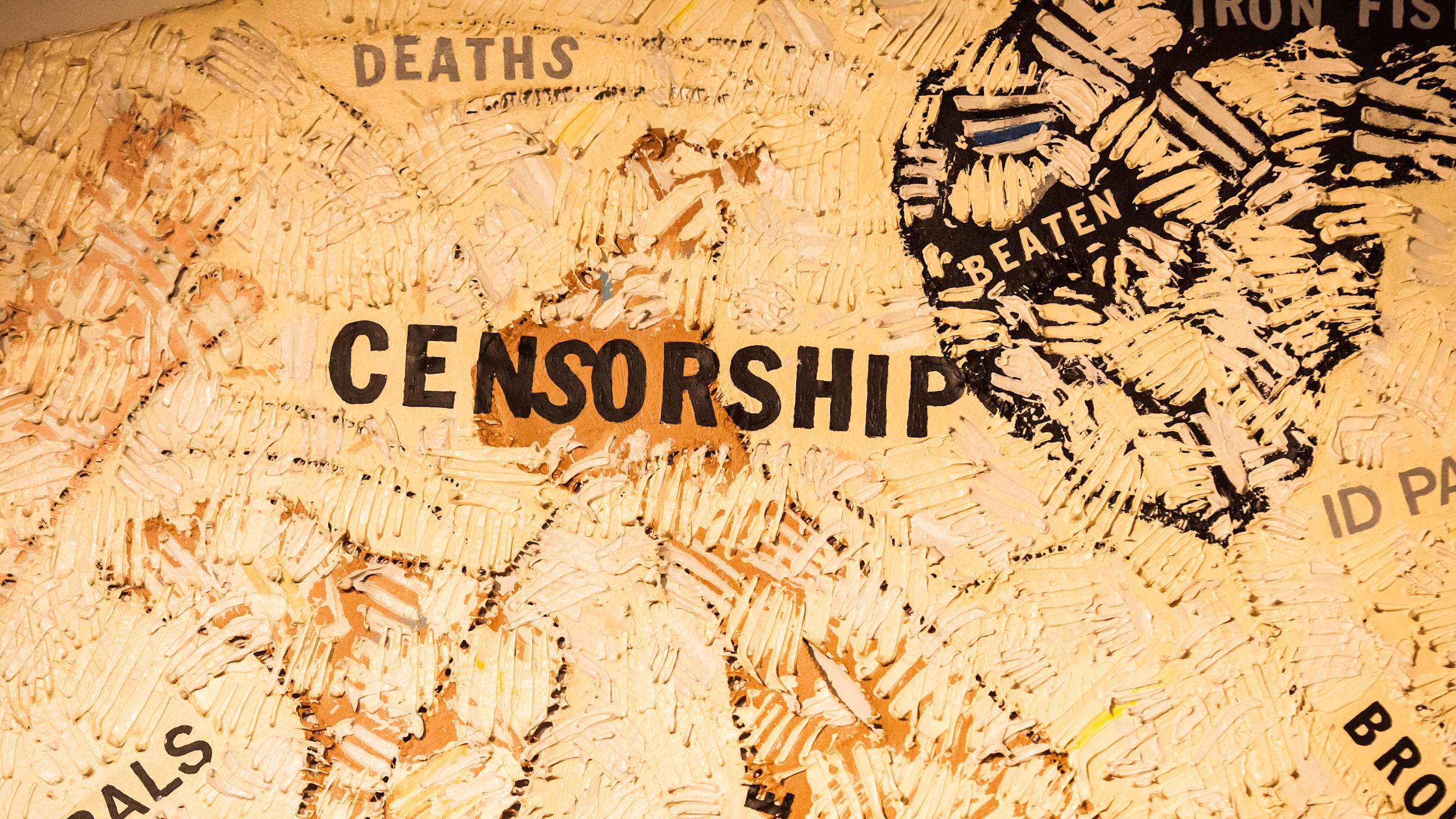James Traub says Russia’s diplomatic concerns preclude any democracy promotion.
Jim Traub: That’s not in a way a question about democracy promotion. That’s a question about the management of Foreign Affairs. That is, so far, we’ve been talking about what you can do to affect the internal dynamic of countries. In the case of Russia, the answer is almost nothing. If you have an autocratic country which is able to deliver the goods for people, well, then you’re going to have a very successful autocratic leader. And so, Putin who really obviously much more than Medvedev as the leader in Russia is a tremendously popular figure, as is the Chinese leadership they are tremendously popular with their own people.
And so, it’s very important to say when there are gross human rights violations in Russia that we find this utterly unacceptable. It’s important as a general principle to stand up for that, but we shouldn’t expect to have very much effect. And so, the question about Russia is how do we manage what appears to be a very self confident and very belligerent and perhaps somewhat paranoid regime which really sees the West as having ganged up against? And so it’s not in our interest to feed that paranoia, but at the same time, I do not at all agree with those who say, well, Georgia may be a democracy, Ukraine may be a democracy, that’s all very nice, but we have more fish to fry with Russia. So, let’s stop defending those folks and make sure we don’t compromise our relations with Russia. I think not only would that be a deplorable thing to do in terms of Georgia, I think it’s a mistake in terms of Russia. I think the Russians are going to push, push, push, push, push until they get push back. And so, the real issue is how do we calibrate the need to keep talking to them about issues of terrorism, energy and so forth with the need to make it clear that they have to pay a price for violating fundamental rules of the international world. I mean, as far as I can see, they attacked Georgia more or less in the way that Saddam Hussein attacked Kuwait in 1990 and we have to make it plain that that’s unacceptable.





